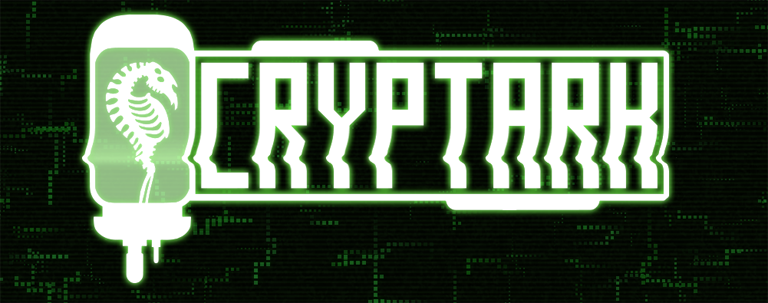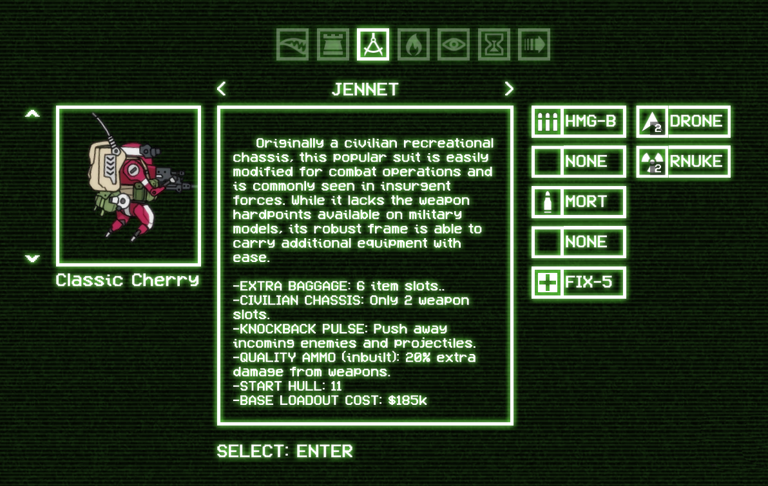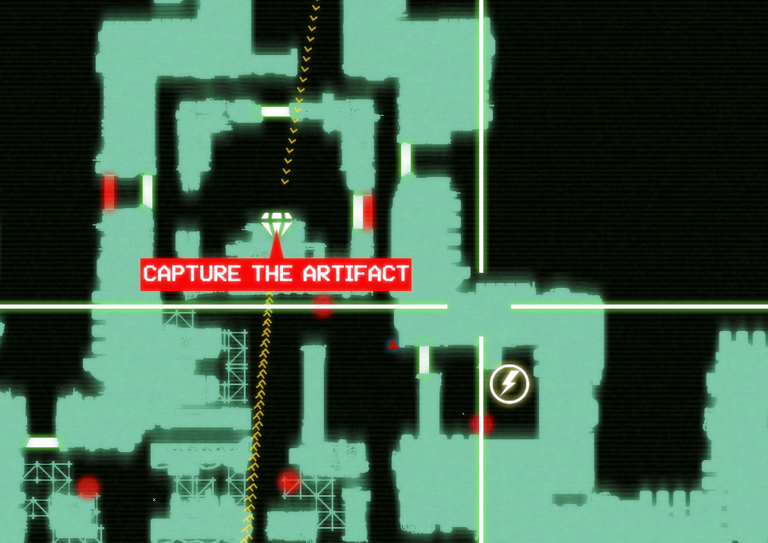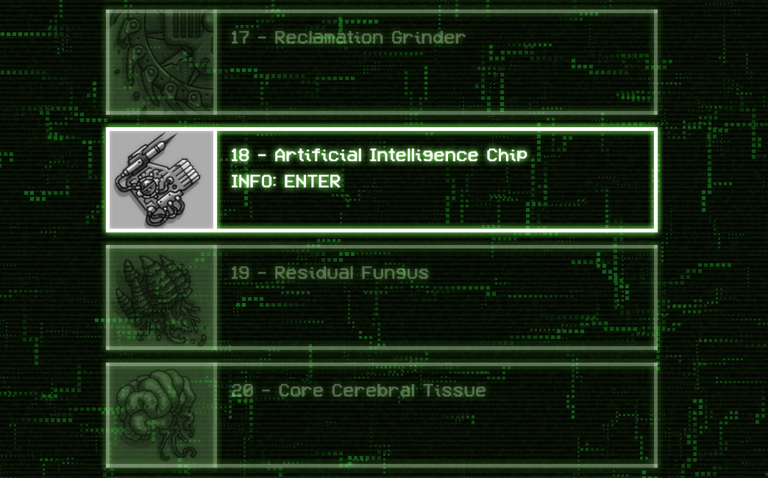"Every time that scientist in Independence Day uploads a virus into an alien computer network, somewhere, a pig does a facepalm." –ancient pig proverb
Human hubris knows no bounds. Time and again, in sci-fi, we see scenarios where advanced alien civilizations invade Earth only to have their vast technological advantage overcome by human ingenuity and – sheer pluck, I suppose. It's a recurring trope that a primitive civilization can overcome an infinitely more advanced one if it only tries hard enough... Done properly, Independence Day would have a runtime of 5 minutes and a very small fan-base (that lone Sectoid with a fake mustache and natural acting talent that XCom somehow overlooked).
The better approach to portraying advanced civilizations is, in my opinion, to avoid direct comparisons, overwrought explanations, or (most definitely) direct confrontation; to offer them as vast, mysterious abstracts whose structure, technology, or motivations we can only guess at. Some great examples of this are The Expanse (TV series), Richard K. Morgan's Takeshi Kovacs trilogy of books and Arrival (film). In each, humanity is portrayed accurately: as fumbling tinkerers who are able to piece together some small meaning out of alien technology, while remaining ignorant of its true purpose or inner workings.
And though its scale is much smaller and its scope infinitely more narrow, I would argue that Cryptark, the 2017 rogue-like shooter from Alientrap Games, can happily constitute example number four.

In Cryptark, you play the anonymous pilot of a Pioneer Suit (flying powered-armor) tasked with salvaging the wrecks of a derelict alien armada hurtling through space. Together with your Captain, Scientist, and Engineer, you set out to make a buck at the behest of faceless (and not at all ominous) Contractors, who want the alien technology all to themselves.
Though the game offers four modes of play (Campaign, Co-op, Rogue and Cryptark Excavation, which has to be unlocked), the basic gameplay loop is the same in each: your little ship drops off your Pioneer Suit next to an alien wreck, you breach it, disable its defenses to the point where you can attack the ship's core, destroy that, collect your pay, and move on to the next ship until you reach the eponymous Cryptark – the largest, best-defended vessel in the fleet.
If you die during a mission, the worth of your equipment is subtracted from available funds and – if what's left is sufficient to pay for another outing – you can try again. If not, you keep any artifacts you discovered, but lose all weapons, upgrades and equipment collected and have to start over from scratch.
The artifacts serve a dual purpose: first, they offer an insight into the backstory of the drifting alien fleet and, second, they act as currency to unlock new Pioneer Suits (there are 7) or buy new paint-schemes for what Pioneer Suits you already own (each has 4).

While the gameplay is fairly straightforward (steer with WASD, aim and fire with mouse), where the game truly shines is in the amount of different play styles it allows. You might decide to tackle a wreck head-on, grab a Gunhead or Oscar, stock up on Really Big Guns and gleefully tear through every opponent and sub-system until only the core is left. But grabbing an Intruder and pain-stakingly sneaking past opponents, or taking them out with silenced weapons to minimize exposure is equally valid. So is, for that matter, teleporting through a wall straight to the core with a Weevil and taking it out without bothering with anything else. Or planting a nuclear bomb next to a sub-system you don't like and detonating it remotely.

Wrecks are randomly generated and get harder as you progress, with some sub-systems shielded by others; auto-repair systems that will eventually fix any other system you destroy; alarm systems that will drag every opponent to your vicinity; factories that continuously produce new opponents; or – on later levels – everything all at once. The game rewards fast reflexes, but only up to a point: on later ships, with their complex, interconnected defenses, planning and good tactics are key.
The game is beautifully designed, with a consistently-creepy atmosphere reinforced by a pulsing industrial-techno soundtrack. Weapons and equipment have great sound effects and are so numerous you might spend the first few playthroughs just figuring out what works and what you needn't bother collecting. The constrast between your own little ship and the vast alien vessels you board is stark and readily apparent. Once aboard a wreck, you feel insignificant, small, and depressingly alone – surrounded by a vast, alien organism intent to do you harm. The character design is also very good, and though there are only 4 characters in the game and your interactions with them are brief, each of them – from the roguish Captain, to the baffled Scientist (who is clearly out of his depth) – feels distinct, with oodles of personality and style.
I'm not a fan of rogue-likes. Honestly – I detest them. To me, they epitomize lazy game design and a profound waste of time (not that games, in general, are productive). But, cheesy as it may sound, what ultimately kept drawing me back to this simple shooter was – the story.

My favorite thing in the whole game was collecting the alien artifacts. When you pick one up, it comes with a little backstory presented by one of your fellow crew-members. These small insights into where the alien fleet came from, what their aims had been and what fate – ultimately – befell them, to me, epitomize the fantastic design of the entire game. They're not a big part of the gameplay and don't really affect it in any meaningful way, but are so well-written and offer such tantalizing insights into the unfortunate fate of the great alien fleet that they kept drawing me in against my dislike of rogue-likes and inborn Pig's Fear of Creepy Things and Dying (which happened A LOT).
Cryptark has no difficulty settings and while you can be cavalier and overeager on, maybe, the first two stages, the same attitude will promptly get you overwhelmed and killed by stage three. Depending on your experience with action games and your reflexes, the game's difficulty may prove to be anything from underwhelming to daunting (myself, I was somewhere in the middle); but even an average gamer, with practice and The Right Approach, can progress through the game. It took me a while, but – I did (and I'm not that great at action games).
In terms of flaws, I could only sniff out two in my play-throughs.
First and most obvious being the fact that no difficulty settings and randomly generated levels can sometimes stack insurmountable odds against you, mid-campaign. You might find yourself doing well for a wreck or two, only to run into a situation your load-out and/or approach simply aren't made for. In those cases, I found improvisation (and liberal bouts of Running Away Squealing) could help a bit, but – not always. The limitation of having to find equipment could sometimes mean poor luck on the draw would force you to abandon the game partway (which is a waste of time).
Secondly, the co-op mode isn't all that great. You're both always stuck on the same screen (you can't fly independently), and – shooting together aside – there really isn't much "cooperation" to speak of (you can't heal each other, or revive a fallen player). Those are all the gripes I had, though, which – these days – make a fairly short list.
While putting it among big-screen films and award-winning books may be a bit presumptuous, Cryptark is a little gem of a game that's well worth your time (if you can stand the frustration of dying repeatedly in the name of progress). For a small indie title, it is beautifully made, well-balanced and expertly written. Recently, Alientrap announced it is working on a sequel (titled "Gunhead"), which is supposed to boast improved 1st-person graphics and VR support. Sounds interesting, but – for my own part – I much prefer this smaller, simpler installment with its pretty, eerie pixels.
As of this article, I am about 4 artifacts away from "finishing" the game. And though I am well aware that, even after collecting the last one, I will probably be no nearer to knowing the full story of the derelict alien fleet – I'm okay with that. A little mystery is good for the imagination and (for this pig, at least) a well-constructed one beats tedious rationalization any day of the week.
Pig Recommends:
-for a great, hard sci-fi yarn about a small crew caught up in Big Things on a runaway military ship, have a look at all six seasons of The Expanse (TV show); I can't comment on the books, having had only read the first one, which didn't exactly grip me (it read like – surprise! – a script for something I'd enjoy watching);
-for a sprawling, gritty, posthumanist read about a former soldier trying to get by while skipping across the decades in different bodies, try Richard K. Morgan's Takeshi Kovacs trilogy ( Altered Carbon, Broken Angels, and Woken Furies); (the audiobooks are good, too, and season one of the TV series is a bit of a mess, but watchable);
-and for a contemplative tale of a linguist trying to comprehend a truly alien mind (and to see what he got up to before Dune), try Denis Villeneuve's Arrival;
